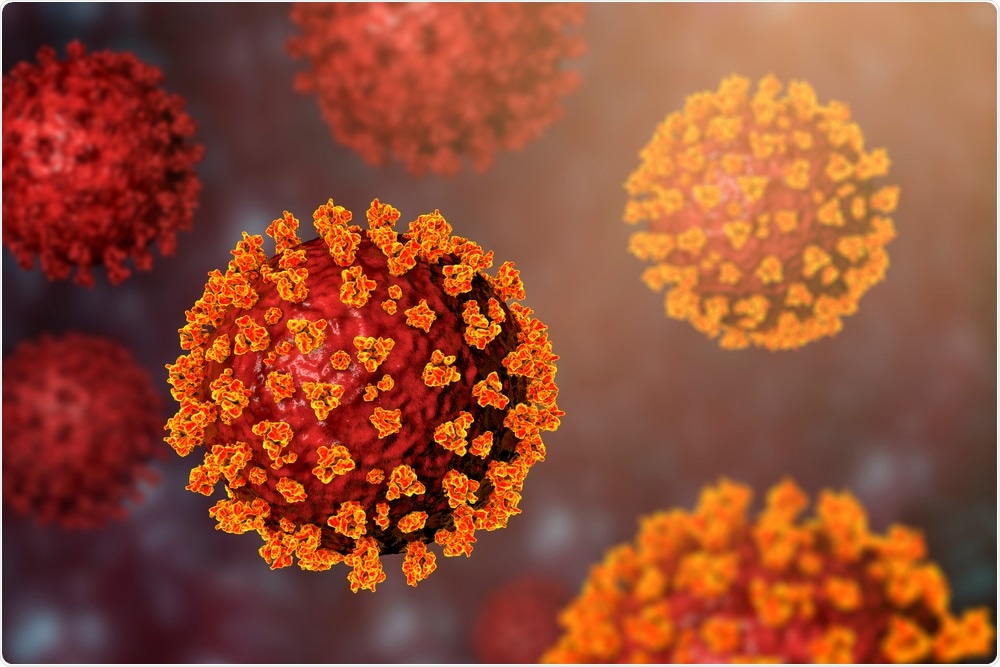According to recent research, cocktails of small llama antibodies against SARS-CoV-2—the causative agent of COVID-19—can help fight novel variants of the virus. The research was published on December 7th, 2021, in the eLife journal.

Image Credit: Kateryna Kon/Shutterstock.com
Novel variants of SARS-CoV-2, including the Omicron variant, are of great concern. The current research reveals how small antibodies known as nanobodies—produced by llamas and related animals—can be combined to make effective treatments against the novel variants and could help delay the virus’ evolution.
The emergence of SARS-CoV-2 variants threatens current vaccines and antibodies against the virus, and urgently demands powerful new therapeutics that can resist viral escape.”
Fred Mast, Study Co-First author and Senior Research Scientist, Center for Global Infectious Disease Research, Seattle Children’s Research Institute
To discover novel tools against the variants, the scientists from the Seattle Children’s Research Institute and the Rockefeller University in New York examined llamas immunized with the SARS-CoV-2 spike protein.
They cataloged numerous nanobodies that the animals produced. Nanobodies are similar to human antibodies, they help combat infections, however, they are smaller when compared to antibodies. The small size enables them to enter hard-to-reach spots on the SARS-CoV-2 virus that larger antibodies could not.
The researchers particularly inspected for nanobodies that bind to parts of the SARS-CoV-2 spike protein which the prevalent therapies do not target. They later revealed how certain nanobodies destroy the SARS-CoV-2 virus—including the Delta variant—in lab experiments.
The researchers also identified that by attaching many copies of individual nanobodies into a “multimer” or combining two different nanobodies into a cocktail a powerful synergy is created, making them highly effective and resistant to mutational escape by the virus.
Moreover, these nanobodies when compared to conventional antibodies are highly stable and can withstand high temperatures. The researchers propose that this stability can enable them to be administered employing a nebulizer, which produces liquid drops that could be inhaled, instead of intravenous infusions utilized to administer monoclonal antibodies.
Such treatment would be helpful for patients in intensive care units or in lower-resource settings where intravenous infusions may not be feasible. It would also be easier to transport and store nanobodies in settings with limited access to refrigeration.”
John Aitchison, Study Co-Senior Author and Co-Director, Center for Global Infectious Disease Research, Seattle Children’s Research Institute
“We hope that our library of hundreds of new nanobodies will allow scientists to develop nanobody cocktails that could one day be used in therapies against existing and yet-to-emerge variants of SARS-CoV-2,” stated John Aitchison.
The researchers further state that their library includes numerous nanobodies that—depending on where they attach to the SARS-CoV-2 virus—can remain effectual even against the new Omicron variant. The researchers are currently investigating these nanobodies to identify if they can be utilized in possible new treatments.
Source:
Journal reference:
Mast, F. D., et al. (2021) Highly synergistic combinations of nanobodies that target SARS-CoV-2 and are resistant to escape. eLife. doi.org/10.7554/eLife.73027.